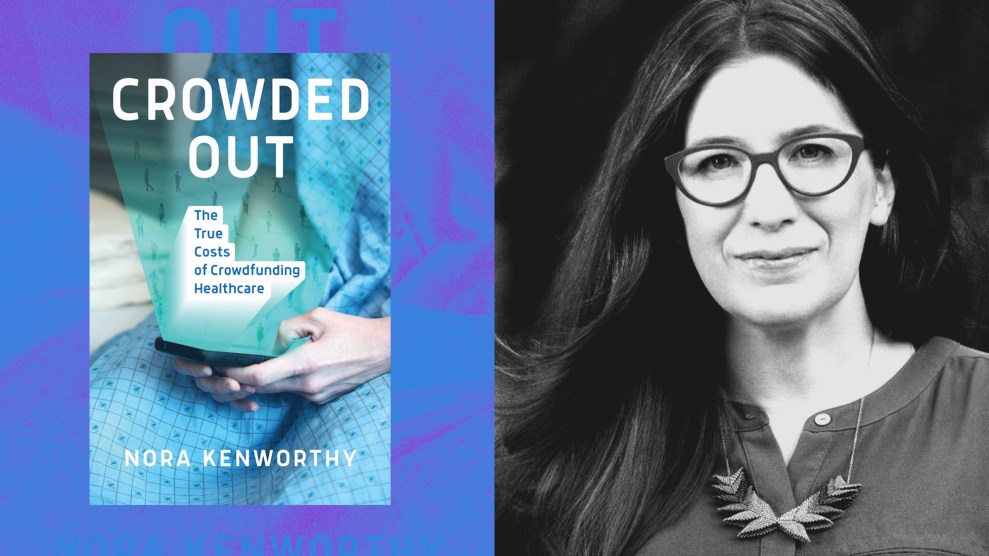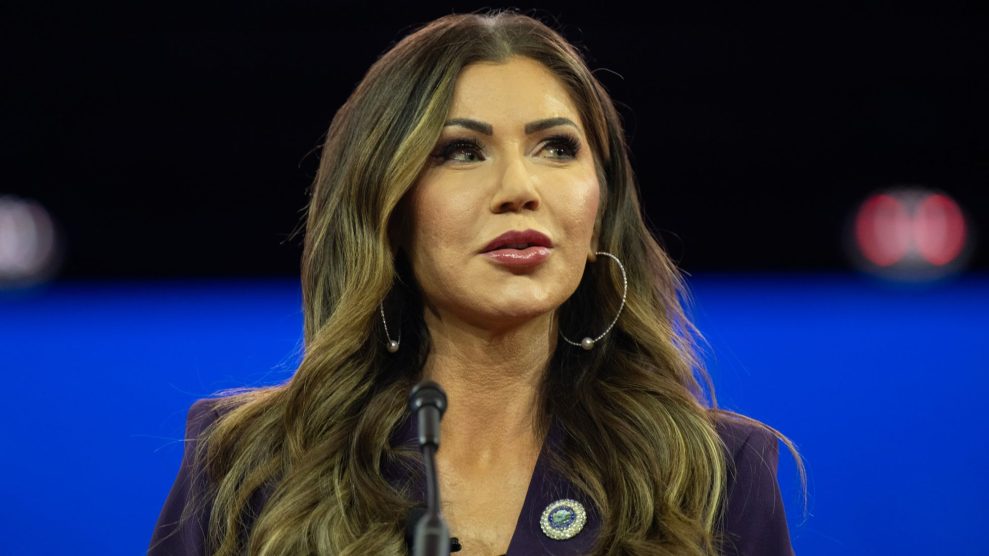Consumables are products like bananas, jute, or aspirin that can harmlessly go back to the soil as compost. Products of service are usually durables such as cars, TVs, and refrigerators. Braungart and McDonough argue that these products should be “licensed” in the same way that software is today. The product would always belong to the manufacturer, but unlike software, it would eventually get returned to the manufacturer, who would be responsible for recycling or reusing the product. Manufacturers would have to design and create their products so that all the components have value when they return (just as in nature), and not just when they leave the factory.
Unmarketables are compounds like radioactive isotopes, persistent toxins, and bioaccumulative chemicals. Ideally, no one would make or use these products. But because eliminating their use will take time, Braungart and McDonough suggest in the meantime that these unmarketables should belong to the manufacturer and be molecularly tagged with the maker’s mark. (Then if I found a noxious chemical in my well water, for example, I could call a county agent to come check the tag on the chemical and call the manufacturer — who would then have to get the chemical out of my well. It may sound far-fetched, but it’s really just common sense: You’re responsible if your pit bull gets out and creates mayhem, so why shouldn’t the same principle hold true for chemical wastes?) Together, these three categories would create a product system that would begin to place responsibility where it belongs.
One CEO, Ray Anderson, has taken the “products as service” concept to heart. The founder of Interface, a $1 billion multinational carpet and flooring company, Anderson has developed the “Evergreen Lease” to transform his commercial product, carpet tiles, into a service. Normally, flooring companies just sell carpet tiles, but Interface wants to lease the services of the carpets to building owners. As carpet tiles wear out and are replaced, the old ones are recycled and made into new tiles as part of the lease fee. The customer does not pay an installation cost, only a monthly fee for constantly fresh- looking and functional carpeting. Over time, the amount of material used will drop but employment will go up, all the while saving the customer money and providing a superior product (the carpet never looks old, worn, or frayed).
With a “products as service” system, customers could keep a product indefinitely, or sell it to others, just as they do now. The final user, when finished, would take it to a de-shopping center that would return it to the manufacturer for reuse and remanufacturing.
Of course, such an approach requires entirely new thinking with regard to design and engineering. The leading practitioners in this field, not surprisingly, are McDonough and Braungart (see The McDonough Principles)












